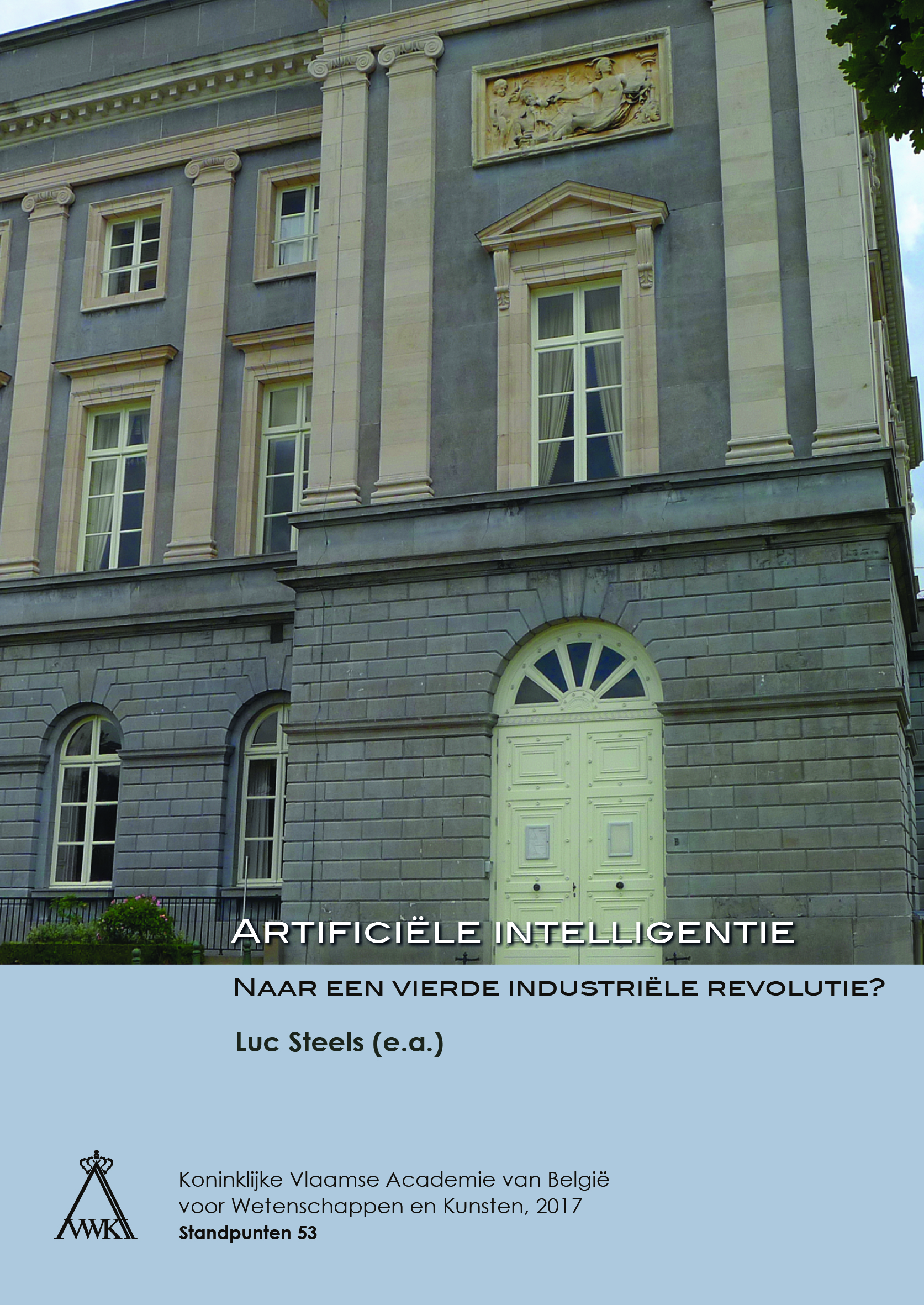Artificial intelligence

Artificial Intelligence (AI) is a scientific and engineering discipline
that tries to find methods and techniques to build systems that are able
to emulate functions normally performed by the human brain, such as
sensory perception and pattern recognition, planning and control of
complex systems, production and understanding of language, learning of
regularities in order to make predictions, organization of knowledge,
etc. AI does not try to simulate human intelligence literally but to
build systems that are capable of solving problems that require
intelligence. 'Intelligent' robots use AI, but this is only one of the
application fields of AI and not the most important one.
AI
started in the nineteen-fifties and went through cycles with high
expectations, promises, a lot of enthusiasm with peaks of investment,
followed by periods of criticism and doubt. At the moment we see
worldwide a very strong wave of enthusiasm about the application of AI
in many domains of human activity; and coupled with this a very strong
increase of research activities, particularly in US and Chinese
companies.
The current interest and application of AI is
without precedent. Although a lot of the enthusiasm is based more on
science fiction than on reality, there is a growing consensus that AI is
of the utmost importance for the economy of the future and can
contribute to a better functioning of society. AI provides a powerful
and novel way to link producers and consumers and thus contribute to the
reorganization of the economy. It can lead to new products, provide
added value to existing products and drastically improve production
processes. AI can also help to streamline administrative procedures and
increase their quality. And it contributes to giving everybody access to
the massive amounts of knowledge that are now digitally available.
Finally, it can help to stimulate creativity and distribute cultural
items such as music or literature.
We believe that AI can
exert a very strong positive force for our contemporary society, if the
necessary measures are taken for research and for spreading technical
knowledge of AI broadly. But we are also concerned about premature
applications or wrong usage. It is therefore necessary to become
conscious of the limits of AI and take action so that it is used in a
safe and reliable way in the interest of all.
The Class of
Natural Sciences (KNW) of the Royal Flemish Academy of Belgium for
Sciences and Arts (KVAB) has started a working group to study the impact
of AI in Flanders. This working group has organized a meeting bringing
together some of the key actors in the field and has produced a document
in the series 'Standpunten', in which the vision of the KVAB about this
domain is expressed. The main purpose of this document is to inform the
public as objectively as possible and to propose a series of conclusions
and recommendations to concerned parties in order to deal with AI and
ensure that our community can properly benefit from the huge
opportunities, as well as get an insight in the risks and what to do
about them.
Available documents
Author
-
Luc Steels
Co-author
-
Bettina Berendt
-
Aleksandra Pizurica
-
Dirk Van Dyck
-
Joos Vandewalle


